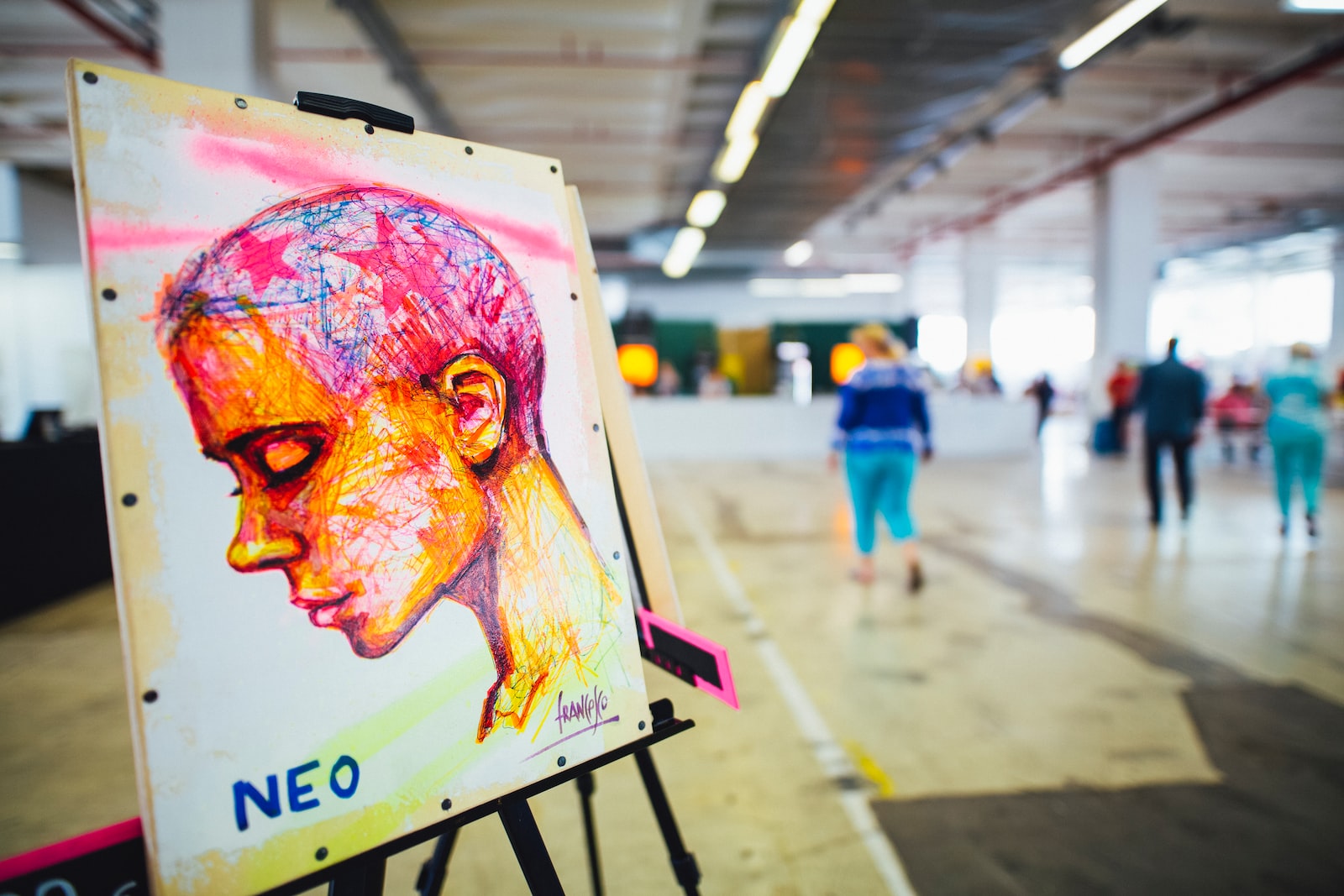AI is transforming the economy, including the marketing sector. Consider the following four trends and envision the potential opportunities.
Despite achieving considerable success, the tech industry has had instances where it overpromised and failed to deliver. Google Glass is one example of such an instance. In contrast, Artificial Intelligence is a technology that has lived up to its promises.
Owing to its remarkable power and versatility, it is highly probable that Artificial Intelligence will bring about a drastic transformation in almost every industry. Marketing has already availed some of the advantages by leveraging AI for dynamic social media advertisement targeting. However, this is only the start.
As the tech industry continues to evolve, more and more AI-driven marketing technologies are becoming accessible to a wider range of companies. At Burhani Digital, we are monitoring these developments closely. In this week’s blog, we explore five emerging AI-based marketing technologies and their potential implications in the future.

Virtual Influencers
The proliferation of social media and digital advertising has enabled the emergence of influencers. Influencers are a type of micro-targeted celebrity, who have the capability to establish large online followings, and to directly market products to these audiences in their own social media material.
It is possible to create a custom influencer that perfectly aligns with a target audience’s wants and desires. This is achievable through the use of virtual influencers, which can seem as though they were tailor-made for the audience in question, despite the likely presence of other factors such as charisma, wit, physical attractiveness, or other remarkable qualities.
Virtual Influencers are advanced digital characters generated with Artificial Intelligence to emulate real-world personalities. They are akin to the computer-generated characters seen in movies such as the Avengers, but with a computer-generated mind, instead of a human voiceover. Like human Influencers, they have social media accounts, some with vast followings, backstories, and more, providing remarkable flexibility for businesses to create a virtual Influencer tailored for their target audience, eliminating the distinction between Influencer and mascot.
Lil Miquela Sousa is a prominent virtual influencer, boasting over 3M Instagram followers and popular music on Spotify. She has also been featured in a Calvin Klein ad. Since her inception in 2016, her influence has grown significantly and she has been embraced by many of the world’s leading brands. As Artificial Intelligence becomes more prevalent and virtual influencers become more tailored, their popularity is likely to increase further.

Persona Building
Buyer personas are fundamental to digital and social marketing. They are detailed profiles of distinct marketing audiences, which use shared characteristics to accurately target the desired audience in a cost-effective manner. AI technology has been making considerable strides in the field of persona building, particularly in regards to the level of detail used in the persona definition.
Personas are constructed by integrating various facets of a person’s life, including, but not limited to, personality, attitude, personal values, lifestyle, social class, activities, interests, and opinions. Compiling and analyzing this data from an individual’s online behavior necessitates a great deal of computing power throughout the process, to ensure that personas are accurate and represent actual customer segments.
If you wish to gain further knowledge on Artificial Intelligence (AI) persona-building tools, there are several available resources. Personality Insights from IBM Watson enables users to identify the person behind words. Other services with similar features include Brand Catalyst from MRI-Simmons and Demographics Pro. The increasing demand for realistic audience assessments and purchase motivations has triggered an AI persona-building competition amongst companies.

Visual Search
Online search, with Google playing a particularly prominent role, has been a crucial part of the internet’s infrastructure. We are now on the brink of a remarkable advancement known as Visual Search. Visual Search is a new type of search engine that uses images as input, instead of text phrases. This is a revolutionary step forward that will alter the way people purchase items online.
Visual search has not been widely adopted until now due to the complexity of the task; it requires more sophisticated Artificial Intelligence (AI) than a basic keyword search. However, as AI technology progresses, we are now at a point where this is becoming a feasible solution.
Consumers will benefit from the introduction of visual search, which will make it easier than ever to find a product based on one they already like. By simply capturing an image of an item such as furniture, clothing, or a lamp, consumers will be able to find identical or highly similar products for sale. Product recommendations will become incredibly simple, allowing people to quickly and accurately find the products they desire.

Dynamic Pricing
Dynamic pricing is a strategic tool to build customer personas. By leveraging Artificial Intelligence, you can accurately assess customer segments and offer the right price to each segment based on their potential inclination to purchase the product. This process allows you to optimize your pricing strategy, making the most out of each customer interaction.
Dynamic pricing strategies can be incredibly beneficial to businesses, enabling them to capitalize on different sales trends such as time of day and product demand. A notable example of dynamic pricing in action is Uber’s Surge Pricing, which uses an internal AI to calculate the cost of a ride based on total demand. This ensures a perfect balance of supply, demand, and price, guaranteeing that consumers receive the products and services they need at the right market price.
We are only at the start of a revolution in AI marketing, which is sure to have a dramatic impact on how products are marketed in the future. What once seemed impossible will soon become a regular practice, and staying informed about these developments will give you an advantage over your competitors.
By leveraging these AI digital marketing trends, companies can create more effective campaigns and strategies that better target their audiences. Let’s connect if you have a great idea to discuss for your next brand. No need to wait; let’s get the conversation started now!



